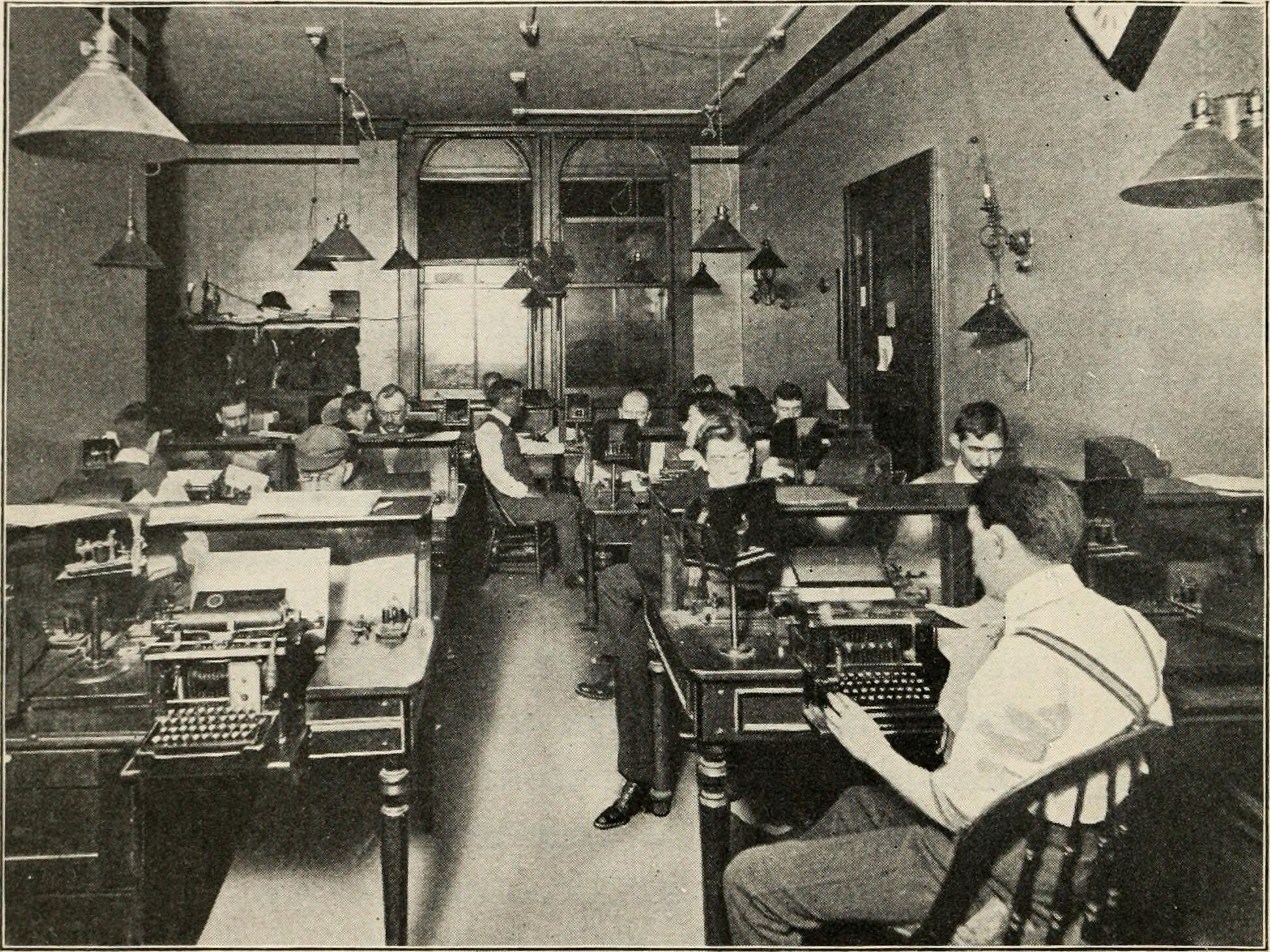The Importance of Responsible Legal Journalism
On the 16th of October, Lee J handed down the first ever judgement regarding the application of s 29A of the Defamation Act 2005 (NSW) (‘the Act’), which is more commonly referred to as the ‘public interest defence’. Lee J ruled that the Australian Broadcasting Corporation (ABC) and its servants were liable for defamation against Heston Russell, a former special forces commando they accused of being under investigation for shooting an unarmed prisoner. Russell was awarded damages totalling $412,315.28. The articles at the centre of the dispute were published in 2020 and 2021.
Section 29A came into force on the 21st of July in 2021. It was largely modelled off s 4 of the Defamation Act 2013 (UK). In the Second Reading Speech to the Defamation Amendment Bill 2020 (NSW), Mr Mark Speakman explained that the purpose of the statutory public interest defence was to ensure that there were no ‘unreasonable limits on freedom of expression and, in particular, on the publication and discussion of matters of public interest and importance’.
According to s 29A:
It is a defence to the publication of defamatory matter if the defendant proves that --
a. The matter concerns an issue of public interest;
b. The defendant reasonably believed that the publication of the matter was in the public interest.
As per s 29A(2) of the Act, the judge must have regard to all the circumstances of the case.
Section 29A(1)(a) demands the court to consider whether the defamatory matter is relevant to an ‘issue of public interest’, which is to be determined objectively. Russell agreed that the material published concerned matters that were in the public interest, given Australia’s long-running military presence in Afghanistan and the array of investigations concerning alleged war crimes committed by Australian defence personnel during the conflict.
Section 29A(1)(b) requires the court to analyse the publisher’s state of mind when the defamatory material was published; that is, the publisher must subjectively believe that the material they published was in the public interest. The publisher’s subjective belief must also be objectively reasonable. Lee J found that the respondents did have the requisite subjective belief that the publication of the material was in the public interest. However, Lee J did not believe that the publication was reasonable, because the journalists failed to verify the integrity of their sources prior to publication and did not sufficiently distinguish between fact and suspicion. Lee J concluded, that given the seriousness of the allegations made in the articles, it was not objectively reasonable for the ABC to publish them given the lack of integrity in their sources that formed the basis of their defamatory material.
Therefore, the respondents failed to satisfy the test in s 29A.
Lee J provided a useful commentary on how s 29A is to be interpreted and emphasised that the crux of establishing the defence is in proving the publisher’s objective reasonableness in believing that the publication of the defamatory material was in the public interest.
Sources
https://www.lawyersalliance.com.au/opinion/the-first-test-for-s29a-of-the-defamation-act-2005-nsw
https://www.2selborne.com.au/wp-content/uploads/2022/03/Defence-of-Qualified-Privilege-Parisa-Hart-Barrister-at-Law100.pdf
https://www.theaustralian.com.au/breaking-news/abc-ordered-to-pay-heston-russells-costs-in-defamation-case/news-story/5736c7d3d01dd02037e15f55f4ee0c5b
https://www.abc.net.au/news/2023-10-24/heston-russell-defamation-payout-against-abc/103014622

